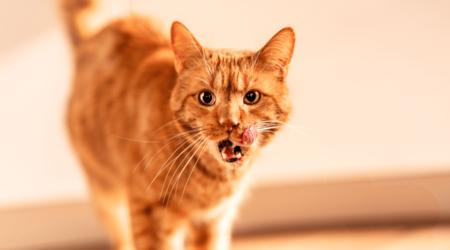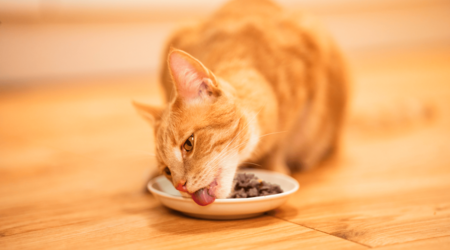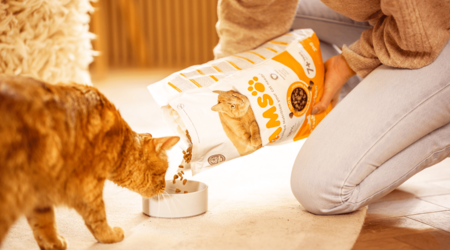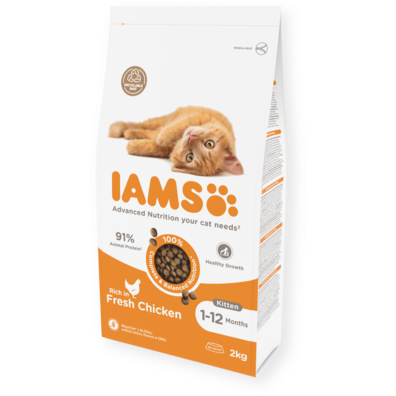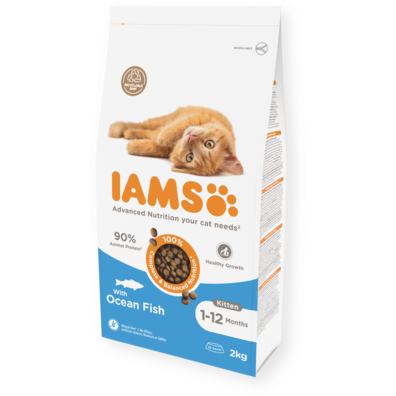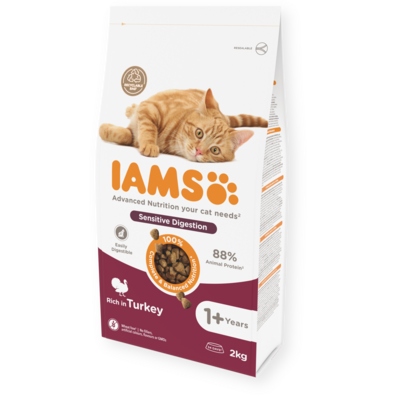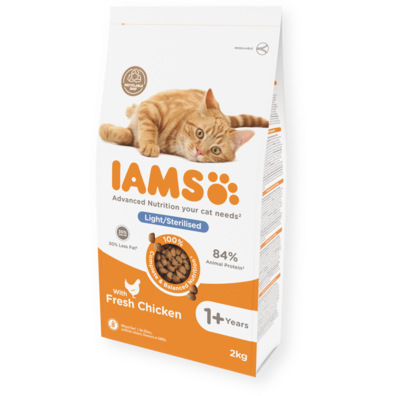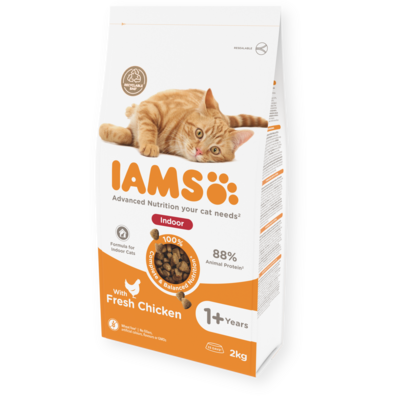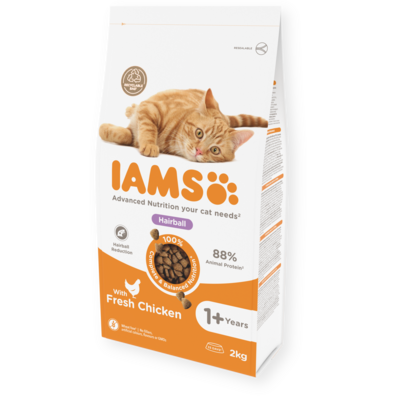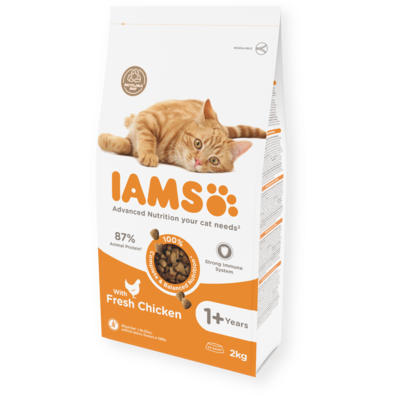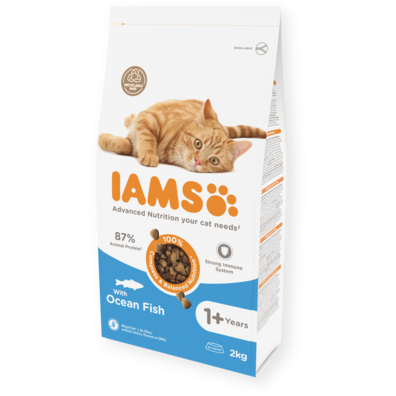Special nutrition for special needs
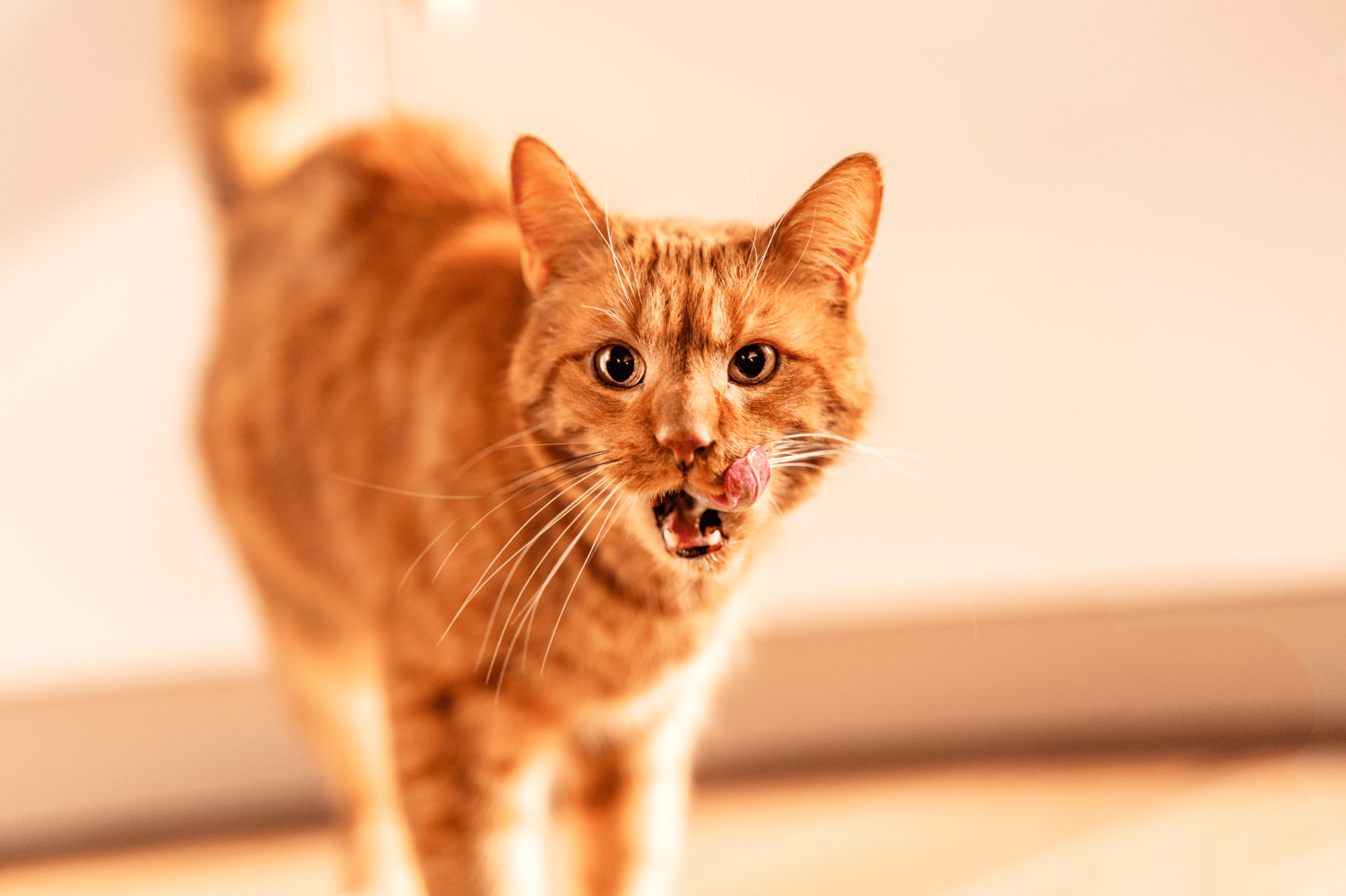
Decreased immune system function
Throughout a dog or cat's life, a process called peroxidation occurs. Peroxidation is a normal process that the body uses to destroy cells that outlive their usefulness and kill germs, parasites, etc. but also can destroy or damage healthy cells. As a dog or cat ages, the damage caused by peroxidation accumulates which, in turn, increases the risk of certain problems, such as infections.
Antioxidants are naturally occurring nutrients that help maintain overall health by neutralizing the peroxidation process of cellular molecules. Some antioxidants, such as vitamin E, beta-carotene, and lutein, are naturally occurring nutrients.
Recent research sponsored by Iams found that dogs and cats fed a diet rich in antioxidants such as vitamin E, lutein, or beta-carotene supported immune responses and vaccine recognition. This may be especially important for ageing dogs and cats, because Iams research has found that as dogs and cats age, immune responses can decrease.
More Frequent Intestinal Problems
Older dogs and cats may have higher numbers of unfavorable bacteria and lower numbers of beneficial bacteria in their intestines, which can result in clinical signs of gastrointestinal problems (e.g., diarrhea).
Feeding a diet containing fructooligosaccharides (FOS) - a unique fiber source that helps nutritionally maintain healthy intestinal bacterial populations - promotes growth of beneficial bacteria. Beet pulp, a moderably fermentable fiber source, also helps maintain intestinal health by providing energy for the cells lining the intestine and promoting small, firm stools.
